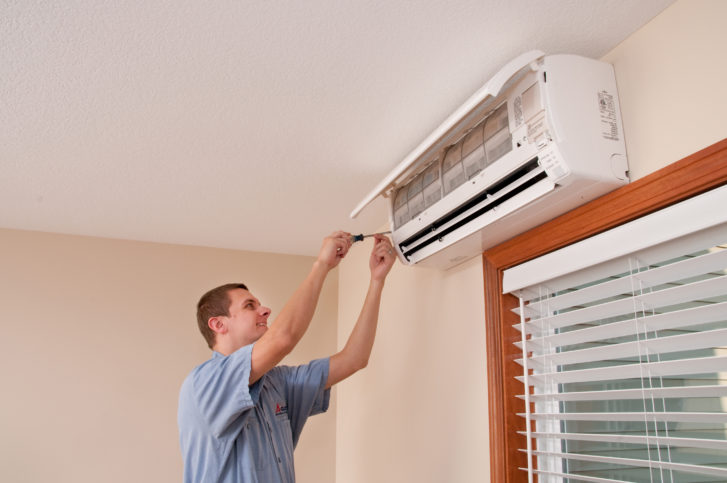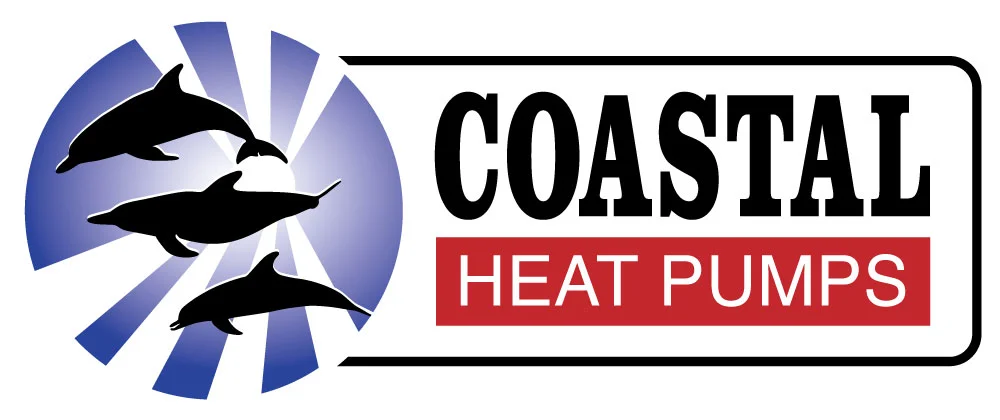Blog
Coastal Heat Pumps > Blog > Heat Pumps > How Replacing an Oil Furnace with a Heat Pump Will Save You Money
- by Tracy
- Heat Pumps
How Replacing an Oil Furnace with a Heat Pump Will Save You Money
Switch on Savings: How Replacing an Oil Furnace with a Heat Pump Will Save You Money and Cool Your Home This Summer
Here in Greater Victoria, we’re more than familiar with damp winters and warm summers. Due to experience with cold humid conditions and hot temperatures, we may consider ourselves all-star thermostat programmers, but do we know where the heat comes from?
Many people count on the heat to come from oil furnaces and gas boilers to warm their homes in the cold months, and use a fan or install A/C units to cool their home in the warmer months. However, both oil furnaces and A/C units are less energy efficient, and more costly than a heat pump. If you have made the decision to switch from an oil furnace, then you may have to make some changes to your current system. More importantly, if you have a fuel tank anywhere near your home, then you must get in touch with a company similar to GreenSeal Oil Tank Service so they can safely decommission the tank without damaging land around it.
What is The Difference Between a Furnace and a Heat Pump?
An oil furnace heats your home through combustion, while a heat pump extracts heat from the outside to warm your home.
This means that heat pumps are more efficient because, rather than converting the electrical energy to heat, it redistributes heat that is already in the outside environment and warms your house. The reverse is true for it to produce cold air. A heat pump redistributes the heat that exists in your house in the summer to the outside, providing a cool comfortable place for you to live in.
Even so, when taking certain factors into account, an oil or gas furnace could be more effective than a heat pump. For example, furnaces can have a longer lifespan than heat pumps. If you get a yearly furnace maintenance plan, this heating system could last at least 20 years. On the other hand, the average lifespan of a heat pump is about 15 years, just like that of an air conditioner. Additionally, because an oil furnace is only used for a few months out of the year, its maintenance requirements are lower than those for a heat pump. In areas where the temperature regularly drops below 40 degrees Fahrenheit, heat pumps may have difficulty heating homes since they transfer heat rather than create it, whereas, oil furnaces burn fuel so that they can generate heat even on the coldest days. However, you may need to ensure that you have adequate oil in the tank to do so. If not, there are fuel delivery firms such as Hollenbach Oil to consider.
Reasons Why You Want to Use a Heat Pump
Heat Pumps Save You Money
A homeowner can save annually on their electricity bill when using a heat pump compared to an electric furnace. This is because heat pumps use electricity only to move heat from one place to another rather than creating heat by running current through a heating element.
Heat pumps are almost three times more efficient compared to oil furnaces, which means you could lower your electricity bills by two thirds. Even though the overhead cost of purchasing a heat pump is an investment, the long-run operational costs will be lesser compared to an oil furnace. The typical oil-heated home spends a minimum of $250 on heating per month, with larger home as much $800. Installing an energy efficient heat pump can reduce your heating bill but up to 50%. This means your heat pump actually cost you nothing as these savings will have your new heat pump paid off in 5-6 years. Essentially, you will be more comfortable both in heat, and cost.
By switching to a heat pump, you will rejoice in the knowledge that you will no longer need to refill your oil tank and, cut your costs on fuel. Budgeting for an oil furnace can be inconsistent, since it largely depends on the ever-fluctuating prices of oil, but savings from electric pumps are predictable and guaranteed.
Heat Pumps Are Versatile
Unlike oil furnaces that require central ducts to distribute warm air in your house, ductless pumps can easily be integrated into your home. The heat pump only requires space outside your home for compressors and small wire connections (evaporators) that supply heat to each room, and the indoor unit uses existing space on your wall.
Ductless pumps are increasing in popularity for their function and ability to zone- or temperature control different areas of your house thus minimizing heat loss caused by ducting.
Heat Pumps Reduce Your Carbon Footprint
Going green and reduction of carbon emissions is becoming the shortest way towards a cleaner electric grid. Electrifying the heating industry is exceptionally crucial in doing away with the carbon emissions. When paired with renewable technologies, like solar, heat pumps have the potential of completely decarbonizing your home.
If you feel guilty of wronging mother nature by keeping your home comfortable, burning oil, then heat pumps could be an easier and most convenient solution for you.
Not Just for Heating Cool Your Home This Summer
As we prepare for a hot summer which is fast approaching, heat pumps reverse their heat process and provide cooling effects, just like an AC unit. They are designed to keep you comfortable in your space year-round. A simple remote allows you to switch to the mode you want, depending on the prevailing weather conditions- without the added cost of an additional cooling system.
Energy Heat Rebate Campaign
There has never been a better time to switch from an oil furnace to a heat pump. With the BC governments new program Clean BC, municipality rebate top-ups and Fujitsu manufacture rebates you can save up to $3,700 on your new heating system. Plus you will reduce your carbon footprint while maximizing on energy efficiency continuing to save on your hydro bill.
Are you looking to switch from an oil furnace to an energy-efficient heat pump?
Don’t wait! Now is the time to get a head of the pack. We are booking in-home virtual estimates and can help you apply for substantial rebate savings. Our network of accredited residential heat pump installers will be booking installations in order of date purchased once social distancing is lifted.
Book a free in-home virtual estimate today and find out how much you can save by switching to a heat pump and be ready to cool your home when the summer hits. Ask about financing with no payments/no interest for 6 months!
